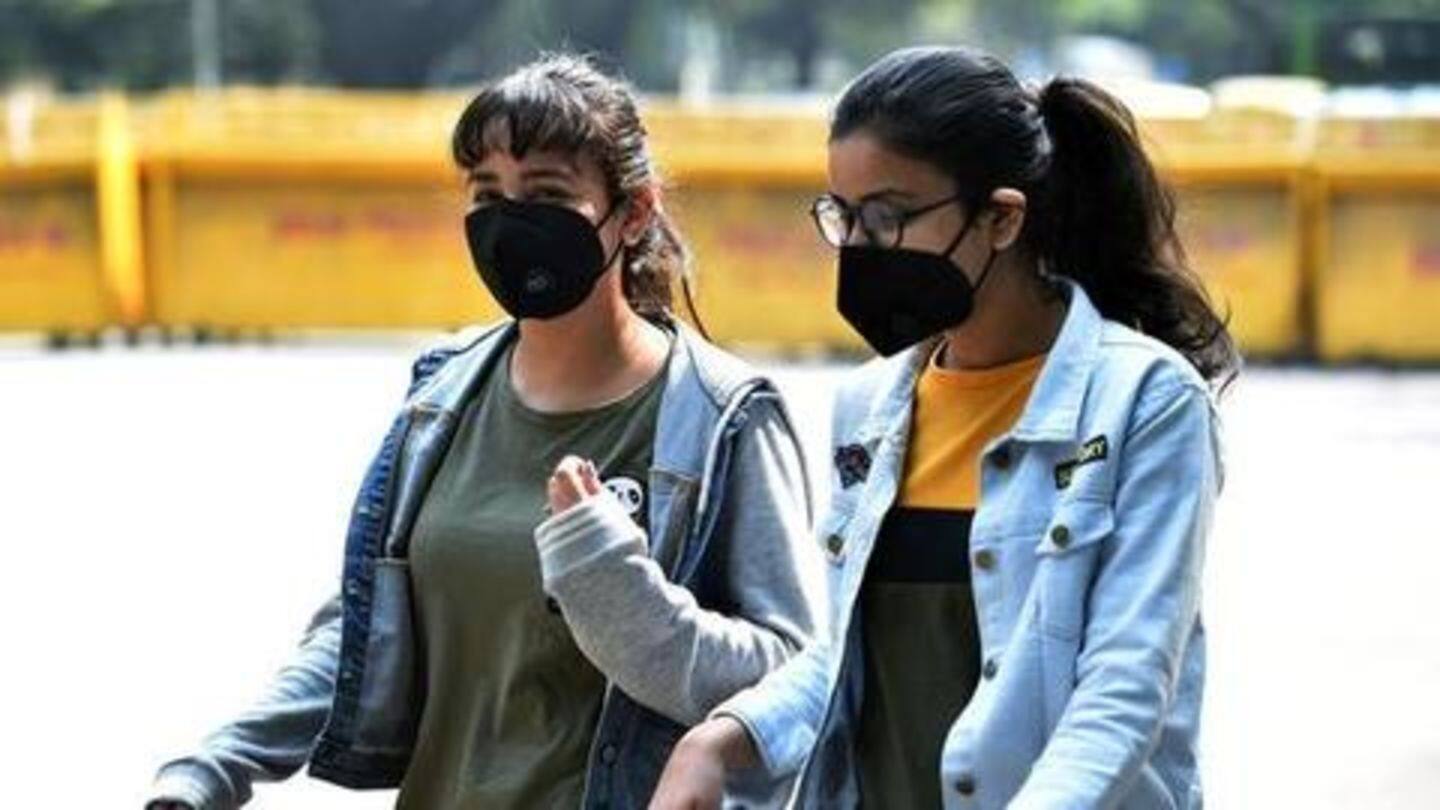
All you need to know about coronavirus tests (not exhaustive)
What's the story
Coronavirus outbreak has been declared a pandemic and leaders across the globe have made containing the damage, their topmost priority. The speed of the infection has also panicked people who have little to no information about the COVID-19 disease. Naturally, the question — Have I contracted the disease, is worrying many. But rather than fretting, you should get these tests done.
Symptoms
But first, a bit about the symptoms
The symptoms of COVID-19 are similar to those of flu or pneumonia. Infected patients catch fever and cough. The virus leads to multiple organ failure in some cases, and death in the worst ones. Experts have advised people to not ignore the symptoms and get themselves checked as early as possible. Staying isolated can ensure the disease doesn't spread.
Testing
You need to visit medical facilities to get yourself checked
Now, no kits are available for testing, so you have to undergo these tests at designated medical centers. At these facilities, the staff is most likely to conduct one of the five mentioned tests. 1. A swab test: As a part of this test, medical practitioners will use a special cotton swab to take samples from the inside of your throat or nose.
Details
Tests may also involve your lungs or blood
2. Nasal aspirate: For this test, a saline solution will be injected into your nose which will be removed using gentle suction. 3. Tracheal aspirate: In this process, a bronchoscope will go to your lungs from where a sample will be collected. 4. Sputum test: A sputum is different from mucus, which can be coughed out, or collected using a swab, for this procedure.
Blood test
A blood test will tell about the infection
Finally, a blood test can be conducted, for which a sample will be analyzed. While in some cases, a complete test is recommended, in others a special gene sequencing test can be done to only focus on coronavirus. You might want to get yourself checked if you have traveled to countries where the impact is unprecedented, or if you have contacted an infected person.
Vaccine
The vaccination is still 1.5-2 years away
Though the infection is spreading rapidly (it has killed more than 4,200 people and infected over a lakh), scientists are working round-the-clock to develop a vaccine or cure. On Thursday, the Indian Council of Medical Research announced they have managed to isolate the coronavirus. "We have 11 such isolates. But, vaccines will take a minimum of 1.5 to 2 years," the Body said.
Details
Staying isolated will protect you
The best way to fight coronavirus is to reduce the speed of infections, which will happen with isolation. People are advised to avoid large gatherings, stay away from infected ones, use masks, and wash hands regularly to deal with the menace. Meanwhile, India has suspended all visas, except diplomatic, official, UN/International organizations, employment, and project ones, till April 15.